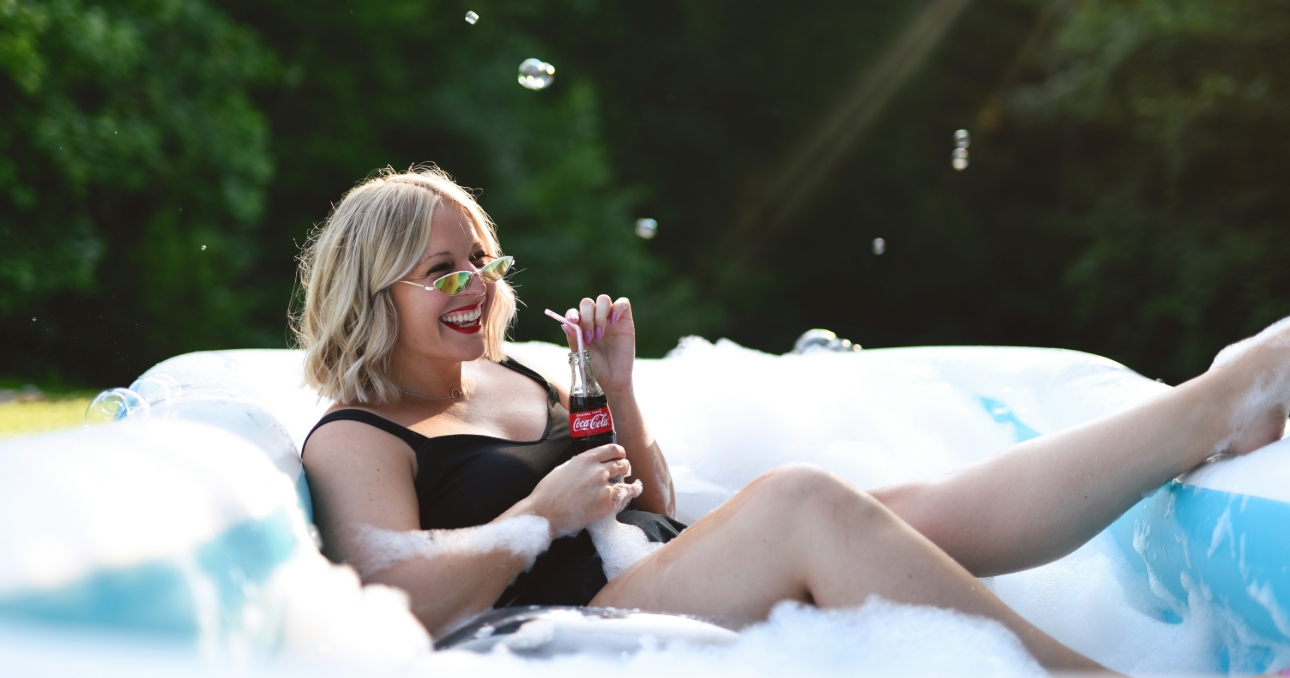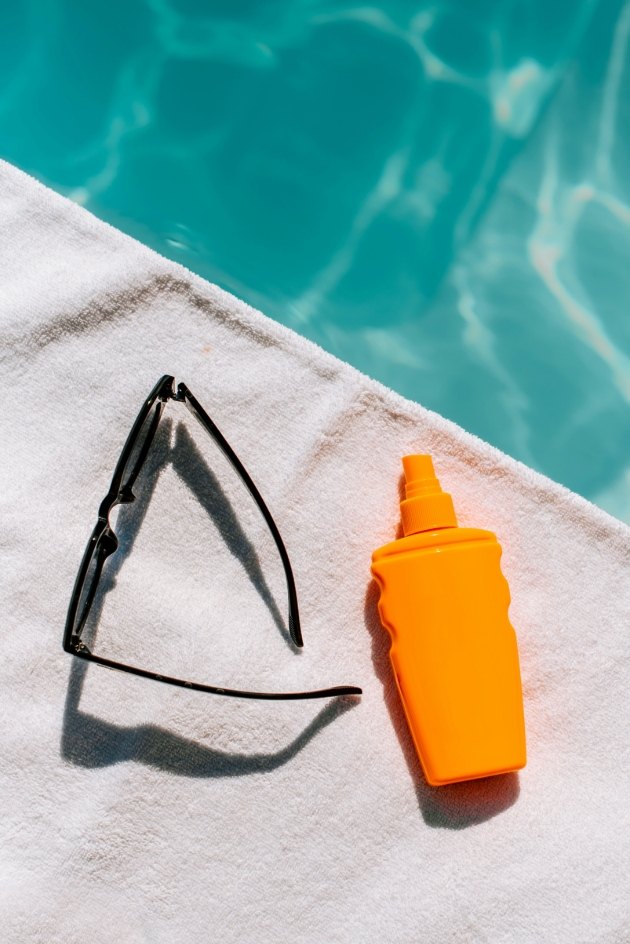All the latest wedding news for couples getting married in England and Wales, along with bridal fashion and beauty inspiration and honeymoon ideas.

As spring weather approaches and the hope of summer begins to materialise, it's hard not to start dreaming of upcoming sunny holidays. But before you pack your bags, you need to think about your skin. Ryan Porter from Fat Cow Skincare is on a mission to educate us on why wearing makeup on planes can cause more damage than it's worth. Fat cow Skincare create natural, grass-fed, tallow-based skincare products, enriched with essential vitamins like A, D, E, and K to nourish and rejuvenate the skin – so they know a thing or two when it comes to keeping moisturised. "For those of us who love a little makeup, it can be tempting to put together a glam look for the perfect 'airport chic' selfie; however, wearing makeup at 30,000 feet can do more harm than good for your complexion."
Below, Ryan breaks down why it's time to ditch the makeup routine while airborne.
Cabin Air
Airplanes may get us to our destinations faster, but they also expose us to a unique set of skin challenges. Cabin pressure and low humidity combine to create the perfect storm for dry, tired skin. Plus, the lack of fresh air circulation makes it even harder for your skin to breathe, often leaving you feeling parched and looking less than glowing.
Increased Dryness
The air on a plane is notoriously dry - and when the humidity levels drop, your skin's natural moisture begins to evaporate, leaving it thirsty and more prone to irritation. When you layer on makeup, especially foundation or concealer, it can trap the dryness beneath. Instead of helping your skin, makeup exacerbates the issue by locking in the dehydration and causing your skin to feel tight and flaky.

Risk Of Breakouts
If you've ever experienced a post-flight breakout, you know how frustrating it can be. These breakouts happen because your makeup acts as a barrier, trapping the oil and dirt that naturally accumulate on your skin. When the cabin air dries out your face, your skin compensates by producing even more oil. This combination of oil and makeup creates the perfect environment for clogged pores.
Dull, Tired Appearance
The change in altitude and pressure when flying can affect blood flow, causing your skin to look pale and lifeless. Even the most carefully applied makeup can't hide the natural dullness that comes from flying, so it's often better not to bother.
UV Exposure
If you think you're safe from the sun at 30,000 feet, think again. Flying puts you closer to harmful UV rays, which can penetrate through the airplane windows and damage your skin. While some makeup products claim to have SPF, they typically don't provide adequate protection against the increased UV exposure during flights.
When you're flying, you're closer to the sun and have less atmosphere filtering out harmful rays. Most airplane windows block UVB rays (the ones that cause sunburn), but UVA rays—which penetrate deeper into the skin and contribute to aging and skin cancer—can still pass through. Going makeup-free allows you to properly apply and reapply a dedicated broad-spectrum sunscreen, which is much more effective at protecting your skin during flights than relying on the minimal SPF that might be in your makeup.
Ryan's advice is simple: hydrate, hydrate, hydrate - both inside and out. Make sure you're drinking lots of water, and use a moisturiser with hyaluronic acid, which helps lock in moisture for your skin. Always apply sunscreen with at least SPF 30 to protect against the higher levels of UV exposure in the air. A lightweight, non-comedogenic moisturiser can also help maintain hydration without clogging your pores.
(Added by Isabelle Chamberlain, Editorial Assistant)